L'OrУЉal, Decathlon, GEOX and H&M talk on sustainable fashion | Luxe.CO Annual Sustainable Fashion Forum 2021
February 15,2021
Sustainability is a global buzzword that mainstream fashion brands around the world are working on. For the first panel session of Luxe.CO Annual Sustainable Fashion Forum 2021, four guests were invited, namely:
Zhenzhen Lan, Vice President at L'OrУЉal China
Filippo Gori, General Manager at GEOX Asia Pacific
Wei Wei, China Sustainable Development Director at Decathlon
Malin Lundahl, Sustainability Manager at H&M Greater China.
Through this panel, we hope to raise awareness of what international brands are doing to contribute to sustainable development in a practical way.
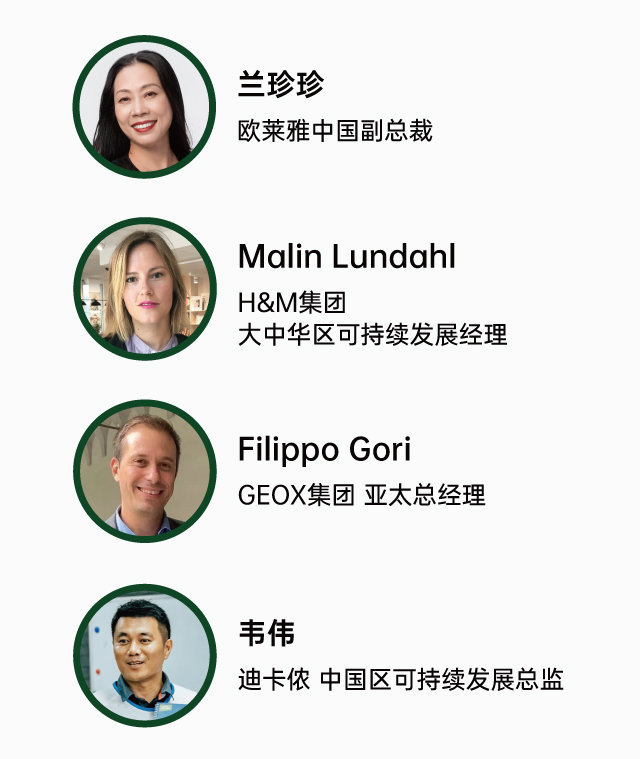
Q: Sustainability is a never-ending journey. What sustainability strategies and initiatives do brands have in place?
Zhenzhen Lan at L'OrУЉal China: тJust like L'OrУЉal, every company should have sustainability as an important part of its business strategy. L'OrУЉal has a very clear sustainability strategy from top to bottom, advancing sustainability in all aspects from research and development, production, operation and sales.
Next year we will increase the coverage of green packages and call on more consumers to use graffiti to express their attitudes; second, we will continue to strengthen the inspirational effect of sustainable topics on young people."
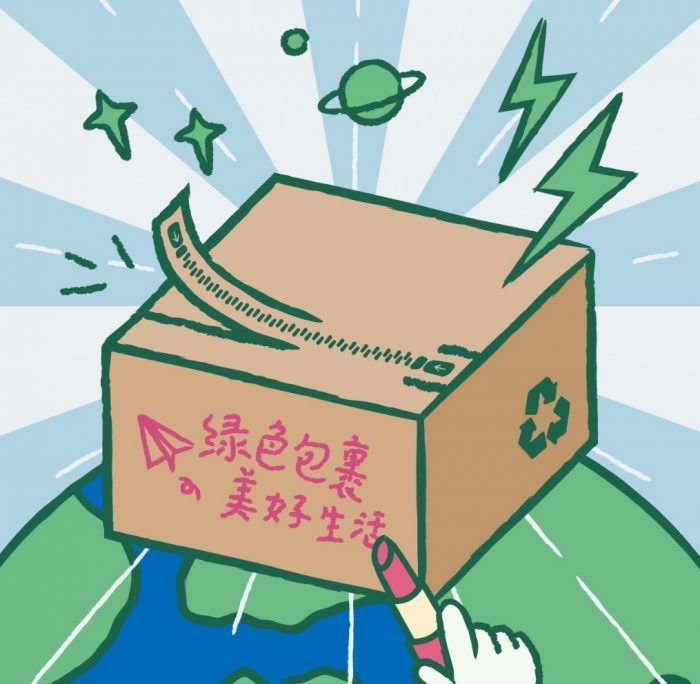
Above: L'OrУЉal China's "Green Parcel Graffiti Call" campaign
Filippo Gori at GEOX: тSustainability is in line with the spirit of GEOX, and itтs one of the big criteria we use to decide our partners and where to produce. Inspired by WWFтs role in protecting the environment, GEOX have designed footwear for kids that is made from recycled cotton fibre and leather sourced from certified and verified LWG (Leather Working Group) suppliers. Meanwhile, our outsoles are made from 20% recycled rubber. GEOX have also ensured that even the shoe boxes for the collection come in FSC certified paper.т
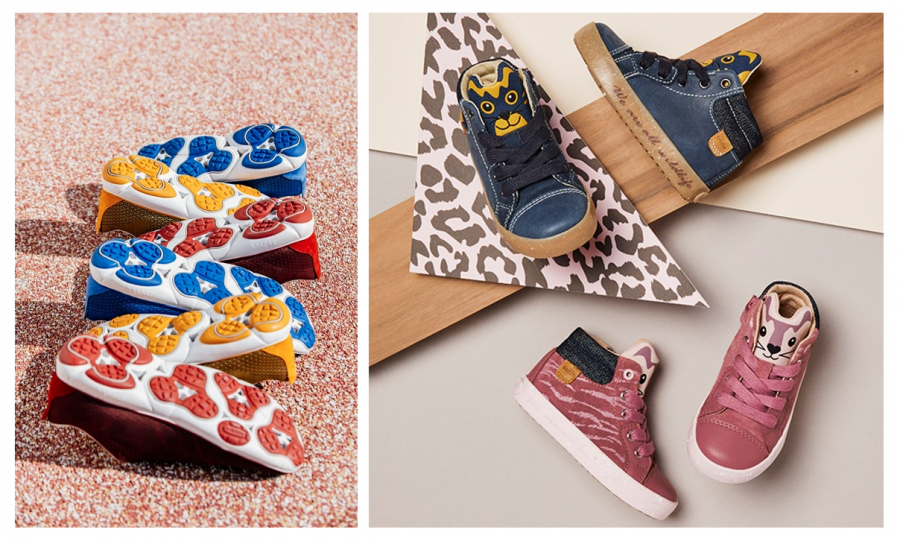
Left: Trainers with the top made from 2.5 recycled plastic bottles
Right: GEOX WWF eco-friendly kidsт shoes
Malin Lundahl at H&M: тWe have a separate sustainability organisation with a lot of experts that take on new, innovative and different topics. We have hired around 200 people worldwide that work with sustainability as their main responsibility. Everything from how we design and produce our garments, such as material choice, is a big concern for us. We know that most of the climate impact actually comes from these steps. So we have a big goal of using 100% of sustainably sourced material by 2030.т
Wei Wei at Decathlon: тWe stand for bringing benefits to human beings and the earth and we believe in sustainable development. In 2019, Decathlon signed the UN Fashion Industry Charter for Climate Action as a signal of our strong commitment. The Charter unites industry stakeholders with the aim of reducing CO2 emissions to the levels set by the Paris Agreement.т
тDeveloping a circular economy and promoting a shift in the design of products and the use of raw materials are also priorities in Decathlon's sustainability strategy. We also want to make a breakthrough on issues related to biodiversity and ocean protection. We are convinced that collaboration and sharing will lead us to faster advancement and sustainable solutions.т
Q: How do you promote sustainable development in your communications and marketing?
Zhenzhen Lan at L'OrУЉal China: тcommunication on sustainability is not easy. We firstly capture the key audience that drives sustainability - the consumer, especially the younger generation. Second, we need to make clear the purpose of the communication. In addition, we need to find the right entry point. We are a company specializing in beauty and we have to tell our sustainability story through our products as an entry point. L'OrУЉalтs 27 famous brands work together with the brand ambassadors to encourage meaningful consumption and to use the power of icons to contribute to sustainability.т
Filippo Gori at GEOX: тWe have been trying to do community events to educate consumers in that direction. The more companies do that, the more consumers will understand what we are doing and why. To promote sustainability in China, GEOX has not only launched a series of sustainable products, but also actively participated in the WWF China event, calling on people to pay attention to environmental protection and practice sustainable development.т
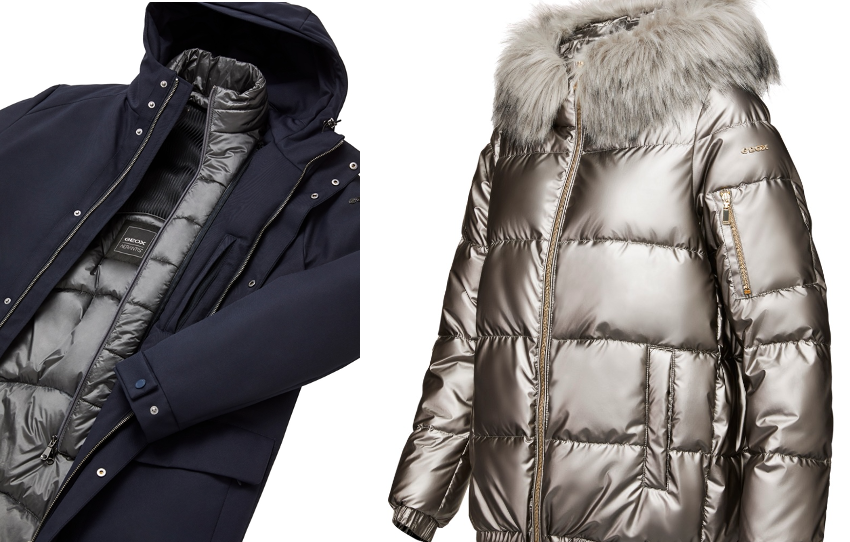
Left: GEOX ECODOWN jacketТ Т Т Right: GEOX ECOWARM jacket
Malin Lundahl at H&M: тWhen customers purchase a garment, we communicate with them about how sustainable the product is and encourage them to have the garment for a long time, take care of it and how to wash it. We also have a garment collecting program. At any store and any time, you can come in and hand in any unwanted textile. This is a way to invite our customers to take a sustainable action. In addition, we have a sustainability report that is released once per year. Some of the biggest guidelines include working towards climate neutrality. We have common goals for the full value chain that we all work towards.т
Q: Is sustainable fashion a paradox? Has the push for sustainability been met with skepticism?
Zhenzhen Lan at L'OrУЉal China: тSustainability and fashion are not contradictory at all, but compatible with each other. L'OrУЉal advocates maximizing the benefits and values of consumers, business and society, and encourages meaningful and good consumption.т
Wei Wei at Decathlon: тDecathlon, as a sports full industry chain company, has sustainable targets at every step of the way, from product design and development, to production, logistics and sales.
It is true that sustainable business takes a fairly long time to demonstrate its value, and one of the most highlighted arguments in the business system is the cost of time. But I have always believed that environmental issues are relevant to everyone and that we must practice corporate social responsibility, look ahead and do what is good for people and the planet.т
Q: How do you work with Chinese supply chain companies to drive sustainable development?
Wei Wei at Decathlon: тAs the world's leading integrated sports group, Decathlon should take the lead in sustainability, and we have been doing so. 90% of our current suppliers in China have joined Decathlon's CO2 emissions management platform, where we monitor their greenhouse gas emissions such as electricity and water consumption. The next step for Decathlon in China will be to push the entire supply chain to set suitable carbon targets."
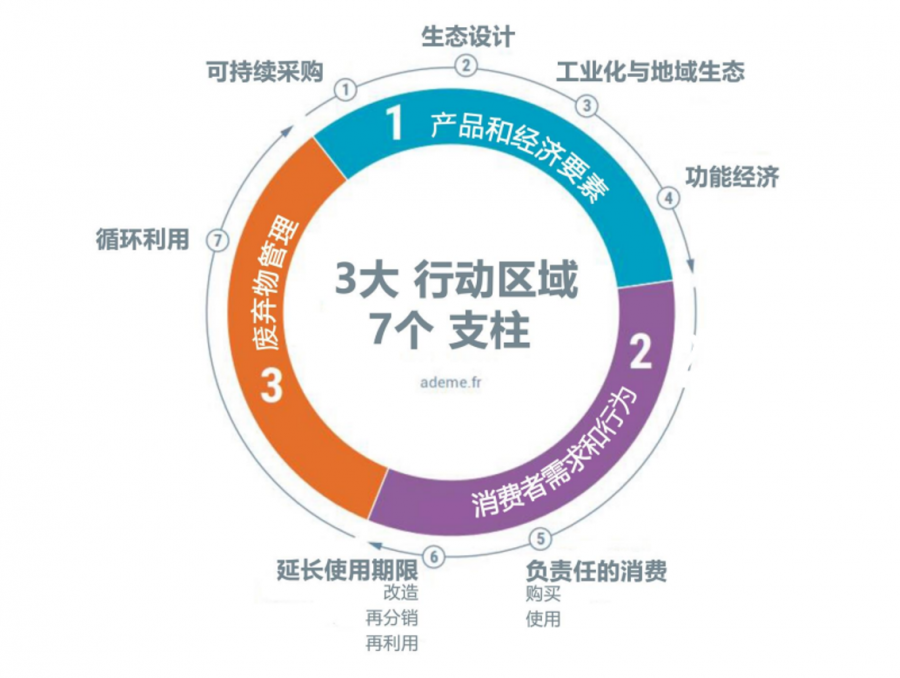
Above: Decathlonтs active involvement in successful sustainable practices in business





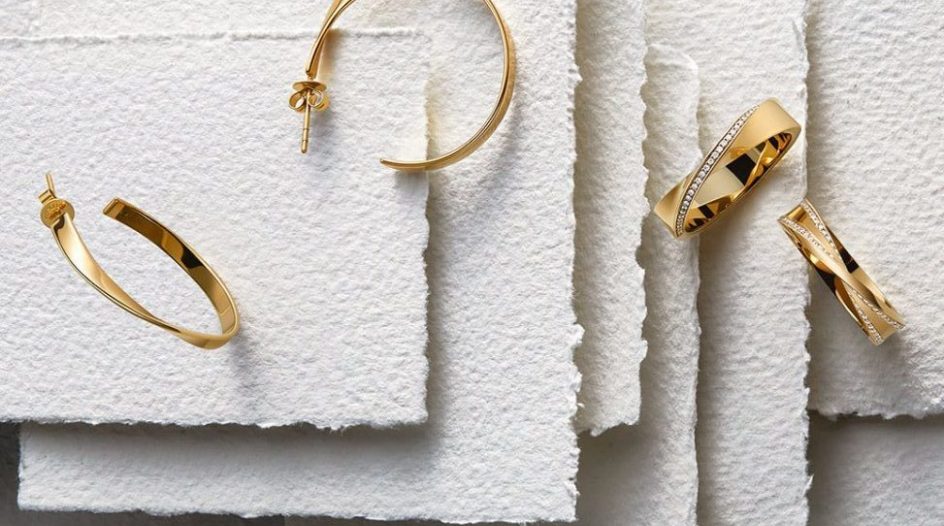





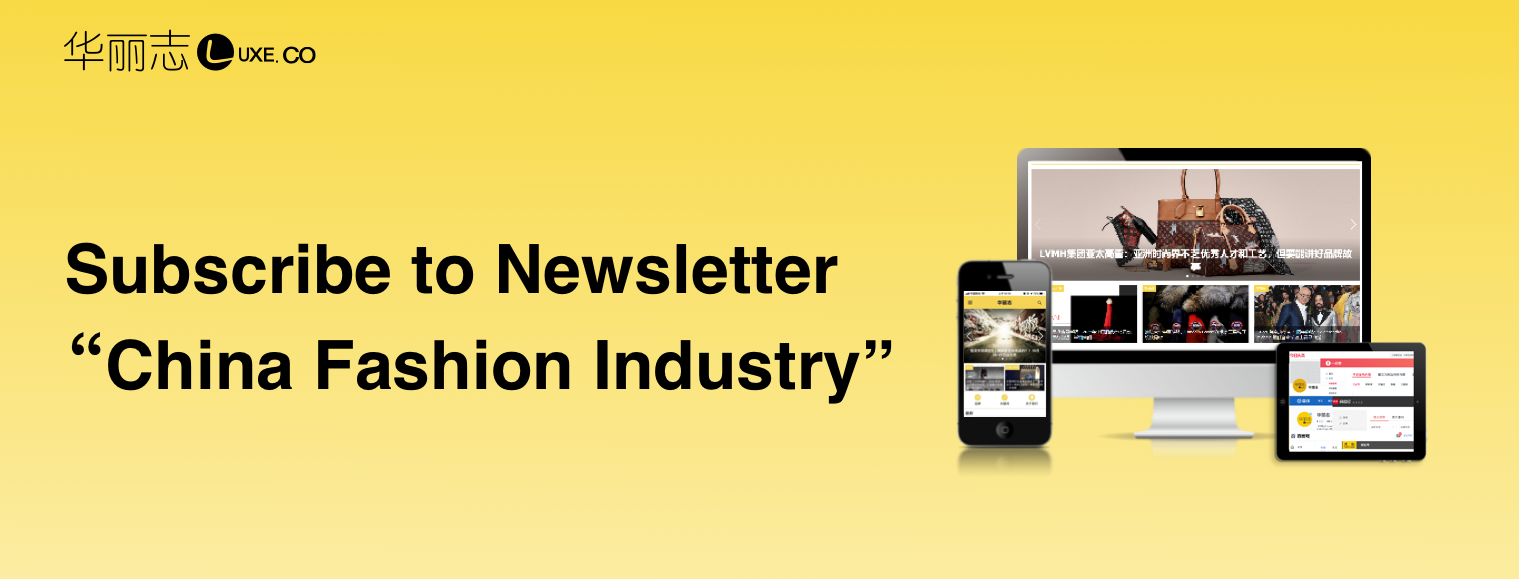
Comments